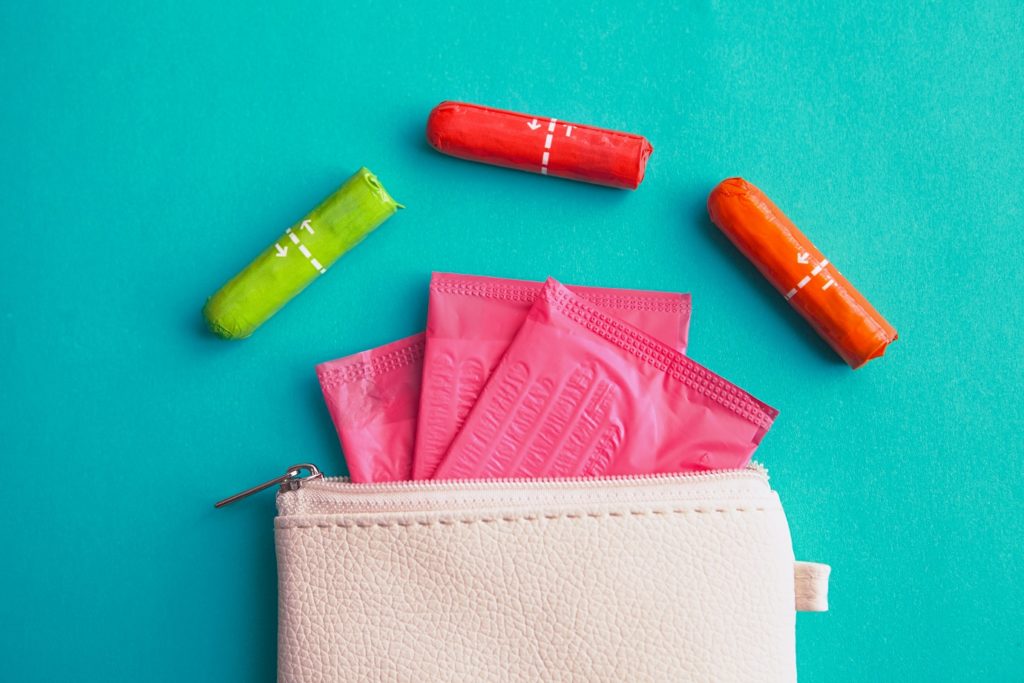Many Australians are forced to use toilet paper and other unsuitable alternatives when managing their period, a new study on period poverty has found.
Share the Dignity’s Period Pride report, released on Monday, found that more than 1 in 5 people who menstruate have had improvise when it comes to period products because they are unable to afford pads, tampons or reusable products.
Almost half of respondents said they have worn a pad or a tampon for longer than recommended because they did not have enough to change them more frequently.
The report is based on responses from more than 125,000 Australians and is informed by data science social enterprise WhyHive, and written by Dr Jane Connory of Swinburne University of Technology.
Rochelle Courtenay, Share the Dignity founder and managing director, said the charity had not predicted the period poverty situation in Australia was this dire.
“We expected to see that shame and stigma surrounding periods still exists, but we couldn’t have predicted the sheer number of people who have struggled to afford period products,” Courtenay said.
“It’s not just about using toilet paper either, it’s about not having access to period products when you need them – whether that’s changing to a less suitable but more affordable product or asking a friend to purchase products for you.
“This experience is more common than we thought, but not spoken about enough. It’s likely that you, your mum, aunty, friend, or colleague has found themselves in a situation like this. No person should ever go without these essentials.”
Meanwhile, the research has found that managing their period can prevent school students from attending school, or doing their best while they are at school. Nearly half said they had missed school because they had their period, while 74 per cent said it was difficult to pay attention while managing their period at school.
Courtenay said the researched shows it’s common for children as young as ten (or even younger) to have started menstruating, and it was important education is provided to all children in Australia earlier.
“Some respondents started their period as early as 10 or younger, so this shows that we need to have an open dialogue around menstruation much earlier – not at age 11 or 12 as is the current approach in the school curriculum,” she said.
“Schools need to be better equipped to promote menstrual health, normalise periods, and mitigate the potential negative impact on young peoples’ education.”
According to Courtenay, the survey is the world’s biggest piece of research on menstruation, an area that historically has been under-researched. She says it will help propel her charity’s advocacy to end period poverty.
“This research validates every heartbreaking story, every raw experience that we have heard in the six years since starting Share the Dignity. We can now set our advocacy efforts well and truly into motion to end period poverty.
“Our initial focus will be to ensure that students from primary to tertiary have access to sanitary items and education around menstruation. We will continue to lobby for hospitals across Australia to make sanitary items accessible through our #paduppublichealth campaign and encourage Australians to donate products where they can.”
The report on period poverty comes as Share the Dignity holds it bi-annual Dignity Drive to collect and distribute period products to those in need across Australia.


